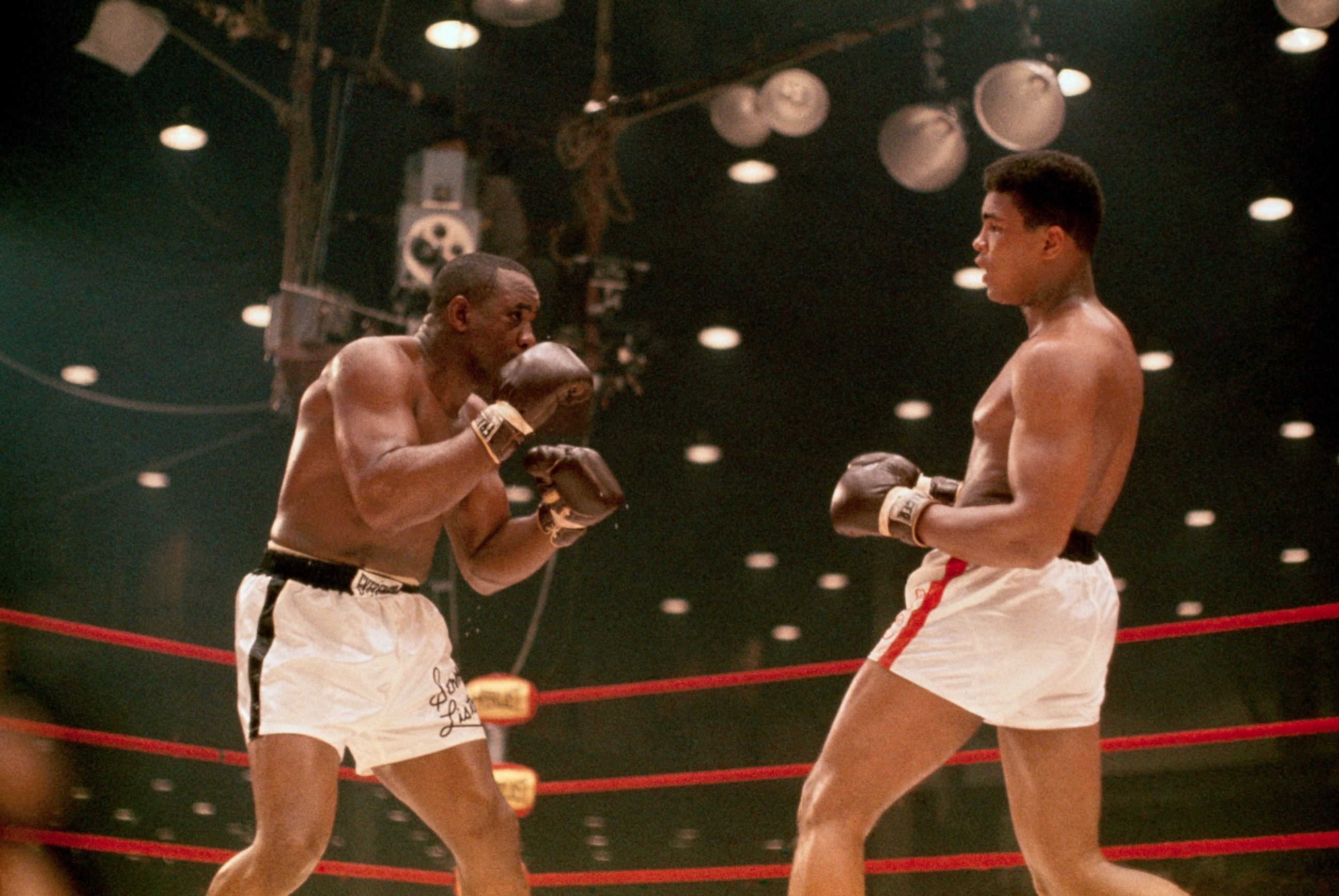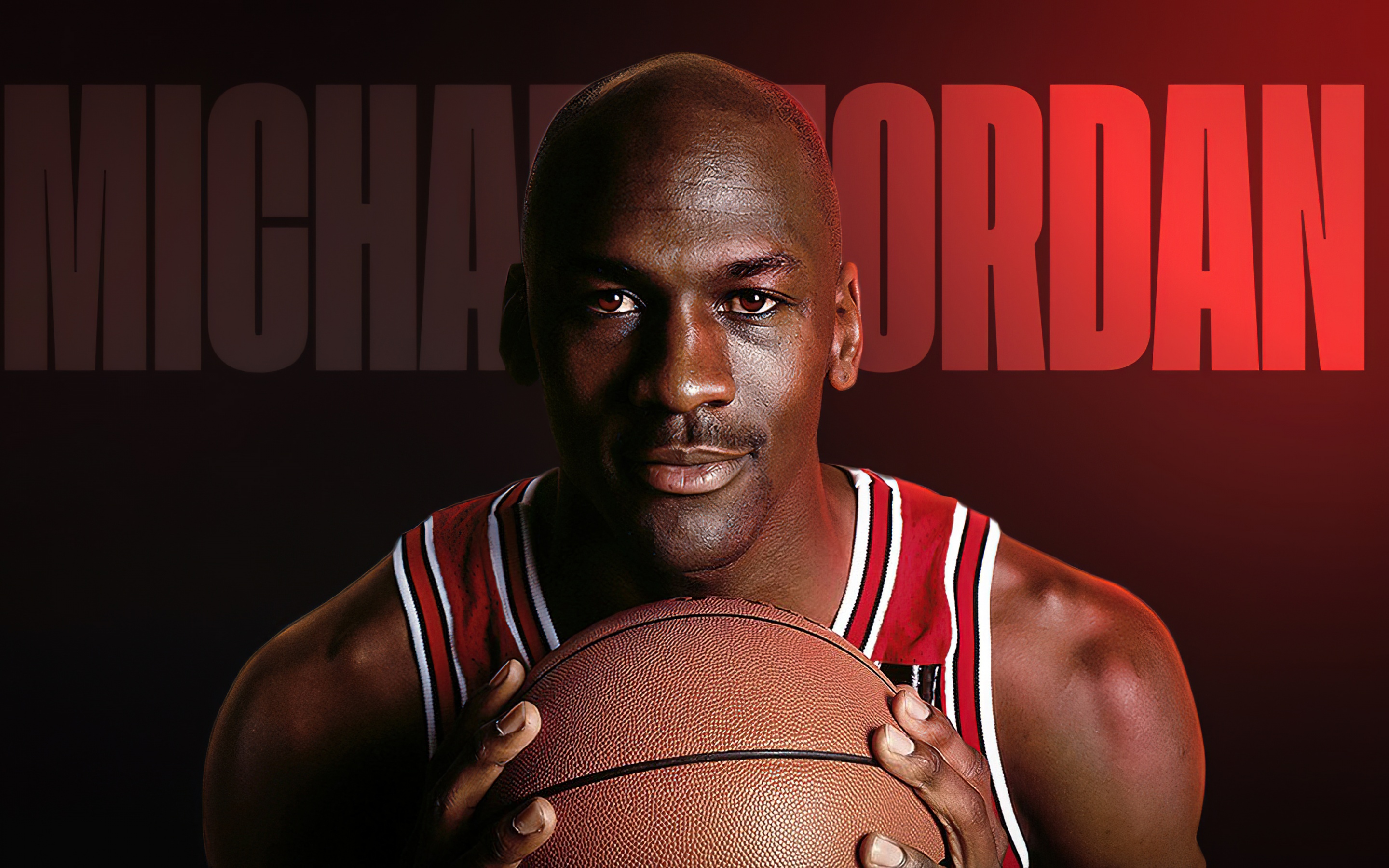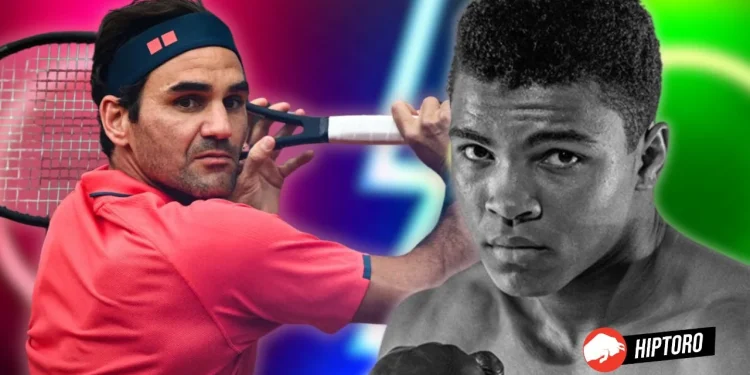Sports have always been a fertile ground for stories of triumph, dedication, and transformation. Among the myriad athletes who have graced various fields and arenas, a select few have risen to legendary status, not just for their unparalleled skills but for fundamentally altering the very essence of their respective sports. These legends have reshaped their games, inspired generations, and left indelible marks on the history of sports. In this comprehensive exploration, we delve into the lives and legacies of ten such iconic figures, each representing a unique chapter in the story of sports evolution.
1. Babe Ruth (Baseball)
Babe Ruth, a figure synonymous with American baseball, significantly altered the sport’s trajectory. Born in 1895 in Baltimore, Maryland, Ruth began his Major League career as a pitch er for the Boston Red Sox, but it was his batting that would define his legacy and transform baseball. Ruth’s switch to the New York Yankees in 1920 marked the beginning of one of the most storied careers in baseball history.
:max_bytes(150000):strip_icc()/babe-ruth-full-swing-170569940-5c91b0c0c9e77c0001a9277c.jpg)
Ruth’s approach to hitting was revolutionary. Prior to his era, baseball was a game focused on strategy and speed, but Ruth introduced the concept of the home run as a key component of the game, changing baseball from a “small ball” game to one dominated by power hitting. His ability to draw large crowds helped to finance the construction of Yankee Stadium, which opened in 1923 and was dubbed “The House that Ruth Built.” Ruth’s impact extended beyond his statistics. He became a cultural icon, a symbol of American success and excess during the Roaring Twenties. His charismatic personality and penchant for dramatic flair made him a favorite of fans and the media alike.
His career achievements include seven World Series titles and 714 home runs, a record that stood until 1974. Ruth’s legacy is not only in the records he set but in how he fundamentally changed the public’s perception of baseball, making it a major spectator sport in America. He was among the first five players inducted into the Baseball Hall of Fame, forever cementing his status as a true legend of the game.
2. Muhammad Ali (Boxing)

Muhammad Ali, originally Cassius Clay, was not only a monumental figure in boxing but also in the global social and political landscapes. Born in 1942 in Louisville, Kentucky, Ali burst onto the boxing scene at the 1960 Rome Olympics, winning a gold medal in the light heavyweight division. He turned professional later that year and quickly became known for his unique fighting style, characterized by his phrase “float like a butterfly, sting like a bee.” His agility and ability to dodge punches revolutionized the techniques used in heavyweight boxing.
Ali’s influence extended far beyond the ring. His conversion to Islam and name change in 1964 was a declaration of independence from prevailing societal norms and a personal search for identity. His refusal to be drafted into the U.S. military in 1967 on grounds of his religious beliefs and opposition to the Vietnam War resulted in a three-year ban from boxing during what could have been the peak of his career. This stand made him a symbol of the anti-war movement and a hero to the counterculture of the ’60s and ’70s.
Despite the controversy, Ali returned to boxing to win the heavyweight title three times, participating in some of the sport’s most legendary fights against Joe Frazier, George Foreman, and Ken Norton. His career and life were marked by his charismatic personality, use of rhyme and colorful self-promotion, which made him an international icon. Ali’s legacy as a fighter for justice and peace was just as impactful as his exploits in the ring, making him a lasting symbol of resistance against oppression.
3. Pelé (Soccer)

Edson Arantes do Nascimento, known globally as Pelé, emerged from the small town of Três Corações, Brazil, to become one of soccer’s most prolific figures. His debut in professional soccer at the age of 15 with Santos FC and his first World Cup win in 1958 at 17 heralded the arrival of a superstar. Pelé’s style of play—marked by exceptional skill, agility, and a powerful shot—transformed him into a global ambassador for soccer.
During his career, Pelé scored over 1,000 professional goals, a milestone he reached in 1969, a testament to his enduring skill and fitness. His ability to draw spectators led to packed stadiums wherever he played, significantly boosting soccer’s popularity. After moving to the New York Cosmos in the later stages of his career, Pelé played a crucial role in popularizing soccer in North America, a region where it had previously struggled to gain a foothold.
Pelé’s influence was not confined to the pitch; his charm and sportsmanship made him a beloved figure worldwide, transcending cultural and national barriers. He used his fame to advocate for social causes in Brazil and around the world. Pelé’s legacy in soccer is unmatched, as he not only set records but also played a pivotal role in making soccer the world’s most popular sport.
4. Michael Jordan (Basketball)

Michael Jordan’s influence on basketball and sports culture at large is profound. Born in Brooklyn, New York, in 1963, Jordan’s athletic journey reached legendary status during his tenure with the Chicago Bulls in the NBA. He led the Bulls to six NBA championships in the 1990s, earning Finals MVP honors in each of those series, a feat unmatched in the history of the sport.
Jordan’s playing style combined agility, finesse, and a competitive intensity rarely seen. His ability to perform under pressure, highlighted by game-winning shots and a relentless drive to win, made him a symbol of excellence in sports. Jordan’s impact was not limited to his on-court performance. His endorsement deals, most notably with Nike, led to the creation of the Air Jordan brand, which has remained a major influence in the fashion and footwear industry.
Off the court, Jordan became a global icon, helping to spread the popularity of the NBA worldwide. His involvement in various charitable endeavors and later ownership of the Charlotte Hornets exemplify his multifaceted influence on the sport. Jordan’s legacy is characterized not only by his dominance on the court but also by his ability to inspire and influence generations of athletes across various sports.
5. Serena Williams (Tennis)

Serena Williams, born in Saginaw, Michigan, in 1981, has become one of the most powerful and influential figures in professional tennis. Her career, marked by 23 Grand Slam singles titles, stands as a testament to her dominance and resilience. Williams’ powerful playing style, characterized by her strong serve and aggressive baseline play, redefined women’s tennis.
Williams’ impact extends beyond her athletic achievements. She has been a vocal advocate for women’s rights and racial equality both within and outside of tennis. Her willingness to speak out against discrimination and her efforts to address issues of body image and equality in sports have inspired countless individuals. Her visibility and success have helped to break down barriers for women, particularly African-American women, in tennis and sports at large.
Beyond her advocacy, Williams has ventured into business, fashion, and philanthropy, using her platform to influence areas ranging from tech investments to maternal health. Her ongoing presence in the sport and the broader cultural landscape underscores her role not just as a player but as a transformative figure in contemporary sports.
6. Wayne Gretzky (Ice Hockey)

Wayne Gretzky, often called “The Great One,” was born in Brantford, Ontario, Canada, in 1961. His NHL career shattered numerous scoring records, making him the all-time leader in both goals and assists. Gretzky’s playing style, which emphasized anticipation and intelligence over brute force, changed how hockey was played and viewed. His ability to see and think about the game differently allowed him to dominate offensively in a way that no player had before.
Gretzky’s impact on hockey was immediate and enduring. By moving to play for the Los Angeles Kings in 1988, he not only brought his star power to a non-traditional hockey market but also helped popularize the sport across the United States and globally. His presence boosted attendance and interest in the sport, contributing to the expansion of the NHL into new regions and markets.
Gretzky has also been involved in hockey management and has become a successful entrepreneur and philanthropist since retiring from professional play. His contributions to the sport continue to influence new generations of players, and his legacy as one of the greatest to ever play the game is secure, not only for his statistical achievements but for his ability to transform the sport.
These legends, through their incredible talents and groundbreaking careers, not only achieved personal greatness but also ushered in significant changes in their respective sports. Their stories are of individuals who transcended their roles as athletes to become symbols of excellence, resilience, and transformation. Each has left an indelible mark on the history of sports and continues to inspire future generations.
7. Jack Nicklaus (Golf)
Jack Nicklaus, known for his unparalleled achievements in the realm of golf, has long been a figure of inspiration and respect. His birth in 1940 in Columbus, Ohio, was the start of a journey that would lead him to become the standard bearer in professional golf. His career, marked by a record 18 major championship victories, showcases not just talent but an enduring competitive spirit and dedication.

Nicklaus’s influence in golf is evident in his strategic approach to the game. Known for his methodical play and focus on course management, his style contrasted sharply with the more aggressive play of some of his contemporaries. This approach not only led to his numerous victories but also influenced generations of golfers who admired and emulated his thoughtful style of play.
Beyond his playing career, Nicklaus has made significant contributions to golf course design. His firm has designed hundreds of courses worldwide, and his expertise in this area has had a profound impact on how modern golf courses are built, emphasizing both challenge and beauty. His legacy in golf architecture complements his playing achievements, making him a dual threat in the sport’s history.
Nicklaus has also been a prominent ambassador for golf, promoting the sport’s growth globally and encouraging young players to take up the game. His charitable efforts, particularly those focused on children’s health and wellness, show a commitment to giving back that mirrors his dedication on the course. Jack Nicklaus remains a towering figure in golf, not just for his records but for his holistic impact on the sport.
8. Martina Navratilova (Tennis)
Born in Prague in 1956, Martina Navratilova’s tennis career is a testament to her incredible skill, longevity, and impact on women’s sports. Her journey from Czechoslovakia to the United States marked the beginning of an illustrious career that would include an unmatched number of victories across singles and doubles competitions.

Navratilova’s game was characterized by her exceptional fitness, aggressive play, and versatility on the court. Her dominance at Wimbledon, where she won a record nine singles titles, highlighted her adaptability and strategic intelligence, particularly on grass courts. Her rivalry with Chris Evert, which spanned over a decade, brought women’s tennis to new heights of popularity and competitiveness.
Off the court, Navratilova has been a powerful advocate for LGBTQ rights and gender equality. Coming out during a less accepting time, she faced significant public and commercial backlash but remained steadfast in her commitment to living openly and authentically. Her advocacy has been pivotal in advancing the visibility and rights of LGBTQ athletes in sports.
Navratilova’s contributions to tennis and society make her one of the most influential figures in sports history. Her achievements on the court and her activism off it have inspired countless individuals, not only to pursue sports but to advocate for justice and equality.
9. Jim Thorpe (Multi-sport Athlete)
Jim Thorpe, born in 1887 in Indian Territory (now Oklahoma), is celebrated as one of the greatest athletes of all time. His Native American heritage and upbringing shaped his athletic prowess, which he displayed across multiple sports, including football, baseball, and track and field.

Thorpe’s legendary performance in the 1912 Stockholm Olympics, where he won two gold medals in the pentathlon and decathlon, marked him as a phenomenal athlete. However, his achievements were later overshadowed by controversy as he was stripped of his medals due to violations of amateur status—a decision widely criticized as unjust and racially motivated.
Beyond the Olympics, Thorpe made significant contributions to American football and baseball, playing professional seasons in both sports. His versatility and excellence across such a range of sports demonstrate his unique athletic ability and his impact on American sports culture.
Thorpe’s story is also one of resilience and overcoming adversity. Despite facing significant racial and economic barriers, he excelled and paved the way for future generations of athletes, particularly those from Native American communities. His posthumous restoration of Olympic titles and medals reaffirms his legacy as an athlete who transcended the confines of any single sport.
10. Nadia Comaneci (Gymnastics)
Nadia Comaneci, born in 1961 in Onesti, Romania, captured the world’s attention at the 1976 Montreal Olympics when she scored the first perfect 10 in Olympic gymnastics history. Her performance set a new standard for excellence in the sport and made her an international star at just 14 years old.

Comaneci’s impact on gymnastics is profound. Her perfection at the Olympics changed how the sport was judged and perceived, pushing athletes and coaches to aim for higher levels of technical precision and artistry. Her success not only inspired a generation of gymnasts but also elevated the profile of gymnastics worldwide.
Following her competitive career, Comaneci has remained active in the gymnastics community, promoting the sport and supporting young gymnasts. Her transition from Olympic icon to mentor and advocate for the sport illustrates her lasting commitment to gymnastics.
Nadia Comaneci’s legacy is defined not just by her Olympic medals but by her influence on the evolution of gymnastics. She exemplifies how individual excellence can inspire broader changes in a sport, influencing techniques, training methods, and the aspirations of athletes everywhere.
Each of these legends has not only mastered their respective sports but also changed them in fundamental ways. Their stories of triumph, innovation, and advocacy continue to inspire and influence the world of sports and beyond.









